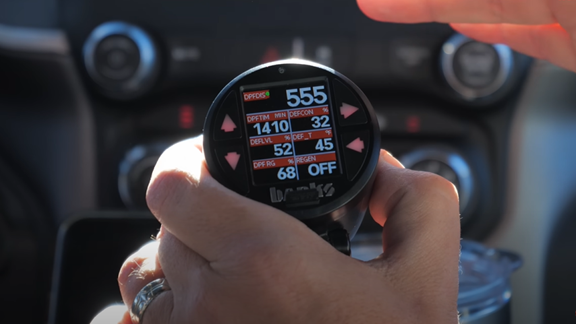How will RAM Recall Affect Performance?
For those not in the know, Cummins has agreed to pay $1.675 billion in a settlement to the United States Government due to accusations of emissions tampering. The Environmental Protection Agency and Department of Justice disclosed that roughly 630,000 2013-2019 Ram HD pickups were equipped with software-related emissions defeat devices. The remaining 330,000 trucks involved in the settlement, consisting of 2020-2023 Ram HD models, utilized “undisclosed engine control software features.” Those equipped with the defeat devices were able to pass standard EPA emissions tests, though outside of those set conditions, they “artificially reduced the effectiveness of emissions controls.” The EPA’s Office of Enforcement and Compliance Assurance attests that Cummins exposed overburdened communities across America to harmful air pollution. As part of the settlement, Cummins must repair 85% of the 2013-2019 Ram HD pickups equipped with defeat devices within three years. Stellantis and its dealers will work in collaboration with Cummins to complete a recall program which is already underway.

Calls are coming in daily to Banks from RAM owners who fear that the new emissions recall will negatively affect the performance of their 6.7L Cummins as well as increase DEF consumption. While we have our theories as to what the results of the recall may be, it’s only a theory since neither RAM nor Cummins has shared any detailed information about the ECM updates and the potential effects thereof.
Our friends at The Fast Lane Truck are testing their RAM before and after having the emissions recall. Andre Smirnov, co-host of the channel, is using a Banks iDash DataMonster to collect data from their various tests, including DEF consumption, DPF regen frequency, air temp and pressure, manifold air density, density altitude, transmission gear, engine load, and more. He’ll compare the data to the same tests post-emissions recall. Watch the first installment of TFL’s Cummins test.

